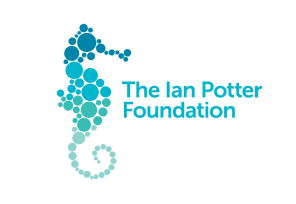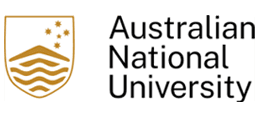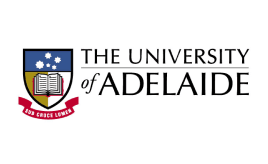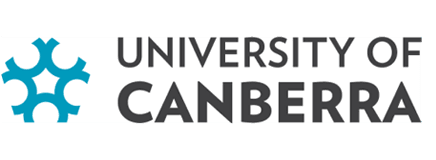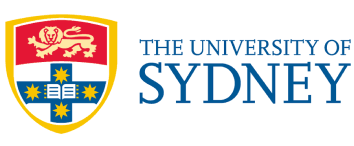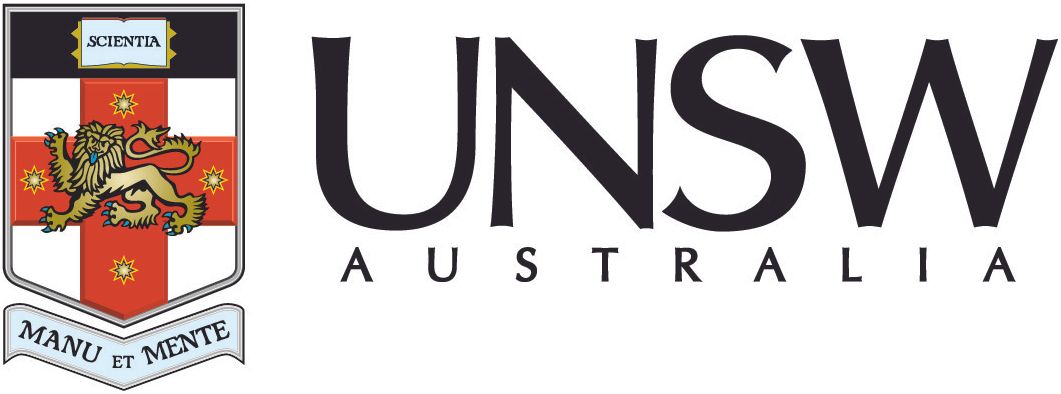Experts back petition for national light pollution laws to protect wildlife and starry skies
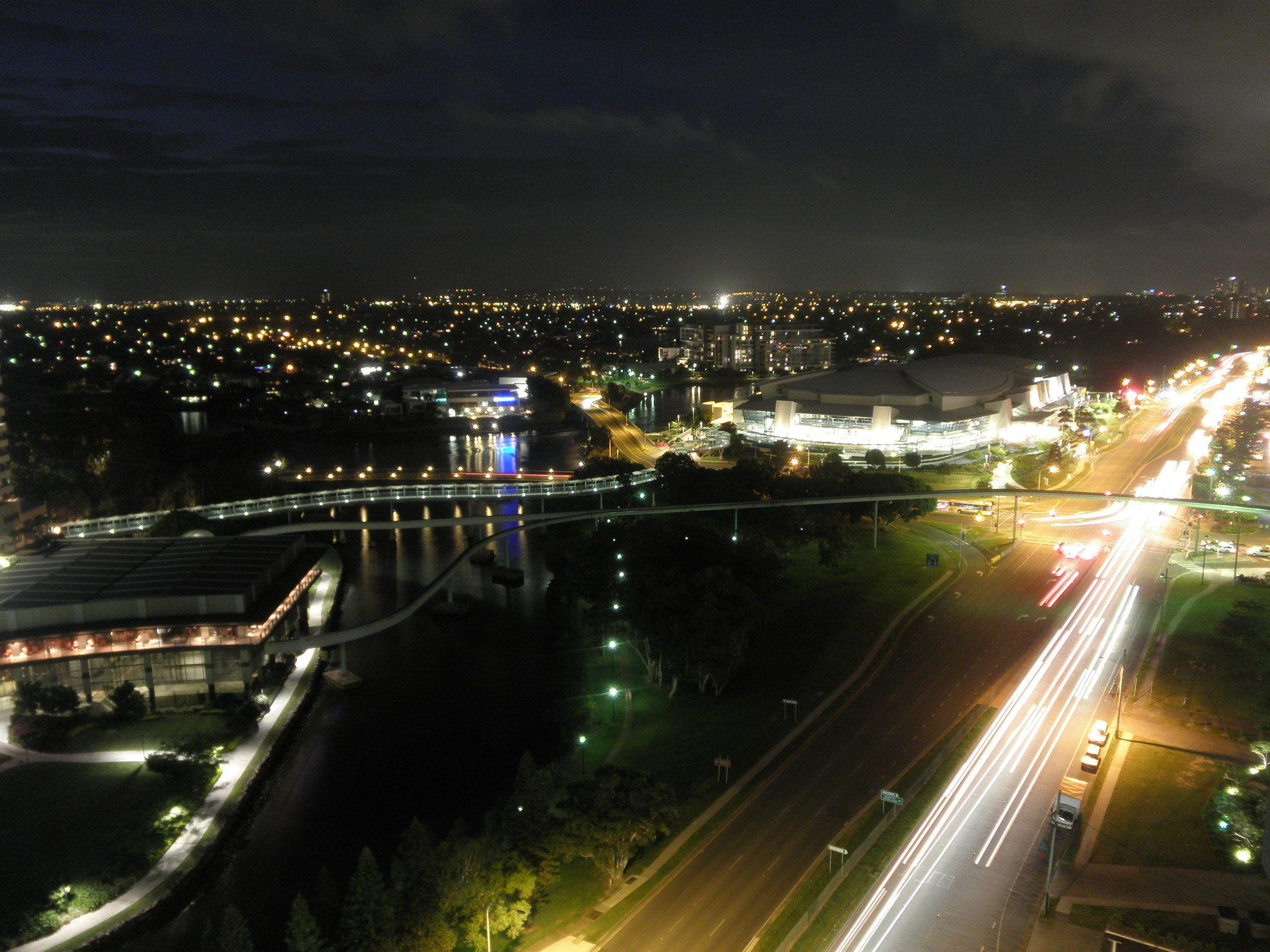
Image: Jason Thien / Flickr CC BY 2.0
Media Release
11 September 2025
3 Oct 2025 Update: In just four weeks over 12,000 people signed the petition that calls on the Federal Government to introduce legislation to reduce light pollution. The petition will be presented to the House of Representative and referred to the Minister for response due to the high number of signees. Thank you to everyone who supported this by signing and sharing.
_________________
Leading scientists are urging Australians to sign a national petition calling on the Federal Government to introduce legislation to reduce light pollution, a fast-growing threat to Australia’s biodiversity, climate action and human health.
Artificial light at night (ALAN) has been linked to a wide range of human health issues. It is also a problem for Australia’s animals, many of which are active at night, and even some plants.
Research has found harmful impacts on a wide variety of species, including gliders, bats, wallabies, birds, sea turtles, fish, moths and spiders. It can influence feeding and breeding, predator–prey dynamics and the ability of wildlife to move through and use habitats.
The petition aims to ensure that outdoor lighting is safer, more efficient, and less harmful. It was established by the Australasian Dark Sky Alliance and has the backing of the Biodiversity Council, an independent expert group founded by 11 Australian universities to promote evidence-based solutions to Australia’s biodiversity loss crisis.

Biodiversity Council member Deakin University Professor Euan Ritchie said the current lack of regulation is failing wildlife and communities, “Light pollution is not just a nuisance — it’s a serious, yet often overlooked, environmental problem.”
“From sea turtles to insects, birds, bats and other wildlife, Australia’s many nocturnal species are under increasing pressure from our ever-brighter nights. We need stronger laws to reverse this trend. Smart lighting regulation is a win-win. It helps protect wildlife, cuts energy use, improves human health, and restores the wonder of a starry night sky.
“This is not about stopping the use of lights at night, it is about putting up sensible guard rails so that we have adequate lighting without wastefully pouring excess high-intensity light out into the night, where it is potentially harmful.
“Regulation is more important than ever, as the broad-spectrum LED lights commonly used outdoors today, such as for street lighting, are far more biologically harmful than the types used 20 or 30 years ago,” said Professor Ritchie.

Professor Therésa Jones, Leader of the Urban Light Lab at The University of Melbourne, said, “Nocturnal lighting creates barriers in the landscape that many species will not cross in just the same way as deforestation.
“The data are convincing. There is no friendly light, but ecologically sensitive lighting can at least reduce some of the impact.
“We need lighting legislation because the current standards offer guidance on minimal levels of lighting but little, if any, guidance on maximal levels.
“Communities are passionate, and even lighting engineers are advocating for change. It’s time to put lights only where they are needed, into places where they are needed and for as long as they are needed.
Biodiversity Council member and Deputy Director of the University of Western Australia Oceans Institute Professor Nicki Mitchell said, “A baby sea turtle entering the water for its first swim is awe-inspiring. It’s less good to find them wandering through coastal car parks. Keeping hatchlings in the dark is key to giving them the best start in life”
Bat expert Dr Kaori Yokochi at Deakin University said, “Microbats help maintain ecosystem health by keeping insect populations in check, but artificial light reduces bat diversity and activity. Light pollution regulation will help these tiny superheroes thrive in our cities,” said Dr Yokochi.
Invertebrate expert and Biodiversity Council member Dr Jess Marsh from the University of Adelaide said, “Light pollution is a trap for night flying insects like moths, disrupting movement patterns, life cycles and exposing them to predators. Light pollution regulation helps free them from this threat, ensuring these small but important creatures can continue their important functions in the ecosystem.”
Prof Theresa Jones speaks with Rafael Epstein on ABC Radio Melbourne. Broadcast 11 September 2025.
International examples show regulation works — France saw a 25% drop in night-time light emissions within four years of introducing national lighting laws.
The petition closes on 19 September and seeks more than 10,000 signatures to send a clear message to the government. It currently has almost 8,000.
The Biodiversity Council encourages all Australians to sign and share the petition to show their support for national light pollution laws. Every signature counts.



